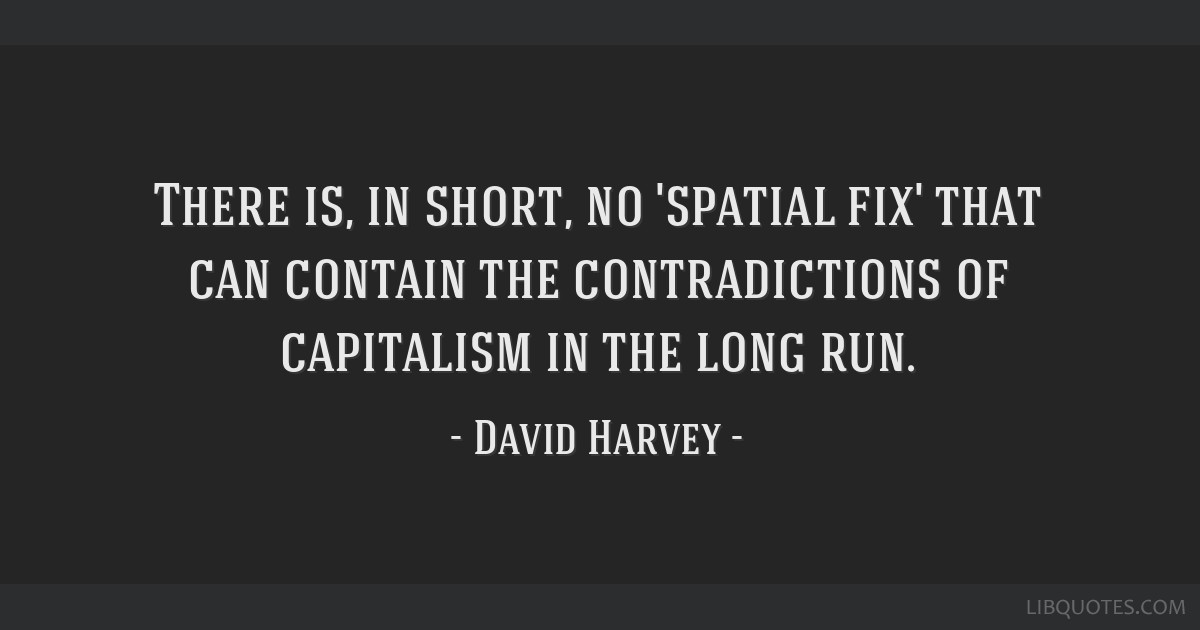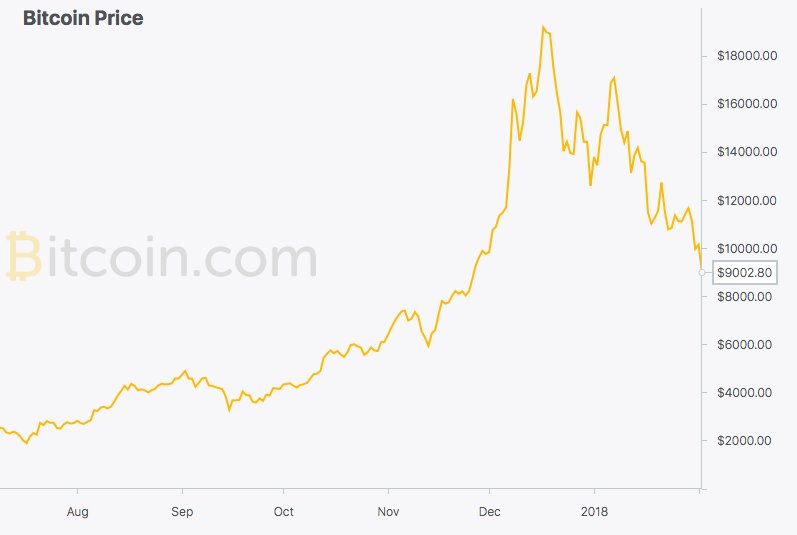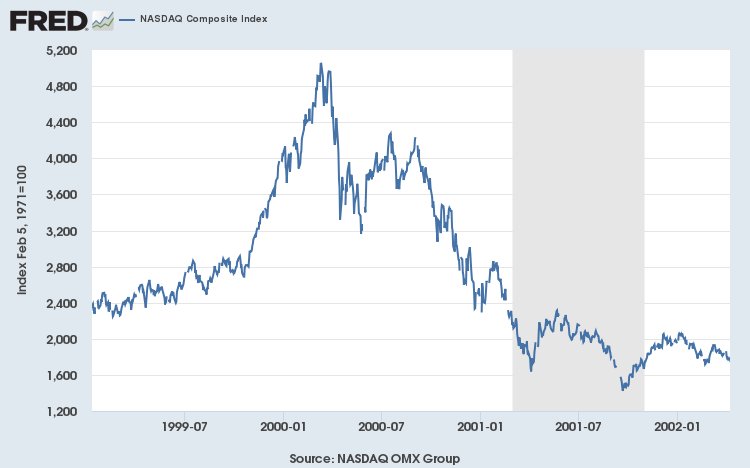Anti-Capitalist Meetup: spatial fixes and the contradictions of capitalism

The political economy of capitalism is also virtual because it is spatial and temporal.
As those who have followed stuff I’ve written here before, I have more than a passing interest in working-out a viable model of virtual capital. Such a model would allow a dimensional digital policy analysis of intangible assets, whether property rights, social networks, infrastucture networks, or financial capital.
So this is another peek at the literature review with the hope that you’ll find it interesting in terms of a capitalist critique. Apologies in advance for its ‘theoretical’ nature and its continuing visit to the work of David Harvey.
We argue here that the digital spaces formed by technologies such as the Internet are experimental spaces where capital seeks freedom from contemporary limits:
Old strategies of accumulation are re-attempted in new spaces and new strategies are crafted through trial and error in the never-ending quest to surpass or displace the internal contradictions which lead to crisis.
The concept we use to describe this is the digital spatial fix. We use this concept to find new sites of accumulation and crisis formation. This shows that while the fundamentals of the cycle of capital circulation have not varied from Marx’s original analysis, it has found novel methods, appropriate to the contemporary historical context, to attempt to escape its inherent limits.
In what follows we will briefly situate our description of digital spaces as fixes for overaccumulated capital within the literatures of the political economy of communication, geographies of economic crisis, and theorizations of the “network society”.
Then, mirroring Harvey’s description of three spatial fixes, we will describe three experimental digital spatial fixes we see operating in the current political economy:
- the primitive accumulation of time in social media,
- the annihilation of time by space via financial infrastructure, and
- the rise of affect rent in marketplaces for digital commodities.
We conclude by reflecting on the questions these conceptual foundations pose for further research, especially regarding the links between
- these digital spaces,
- the temporality of accumulation, and
- more traditional geographies of crisis.
The goal throughout is not to catalog the potential of digital spaces to act as spatial fixes, but to model a spatial approach to digital media
The Digital Spatial Fix Daniel Greene* and Daniel Joseph, tripleC 13(2): 223–247, 2015 http://www.triple-c.at CC: Creative Commons License, 2015.
The problem remains in trying to disentagle the notion of digital spaces and the temporality of accumulation in the indeterminate and uncertain geographies of crisis in late capitalism. Harvey holds to a kind of “fixity” that for interpretation and explanation requires some dynamic simulation or representations for modeling.
It was primarily in this last sense that I first deployed the term “spatial fix” to describe capitalism’s insatiable drive to resolve its inner crisis tendencies by geographical expansion and geographical restructuring. The parallel with the idea of a “technological fix” was deliberate. — David Harvey
David Harvey
Globalization and the “Spatial Fix” geographische revue 2/2001 www.geographische-revue.de/...The fix describes capitalism's insatiable drive to resolve its inner crisis tendencies by geographical expansion and restructuring
Capitalism is addicted to geographical expansion as much as it is addicted to technological change and endless growth
Globalisation is the contemporary version of capitalism's search for a "spatial fix"
DEFINITION
How convincing is David Harvey's notion of a "spatial fix" for capitalist crises?
Capitalism cannot survive without being geographically expansionary
Major innovations were necessary conditions
Modes of geographical expansion depended on what was being invested
Capitalism cannot survive on the innovations that characterize itWHY IS THERE A NEED FOR A SPATIAL FIX? (1)
Staving off over accumulation of capital is with the spatial fix
Exporting capital and labor to a new territory to start new production
Migration of labor and capital across the Atlantic in the 19th century
WHY IS THERE A NEED FOR A SPATIAL FIX? (2)
Or if over accumulation is registered as a lack of effective demand, then opening up new markets is the solution
These are non-capitalist territories - the China market
WHY IS THERE A NEED FOR A SPATIAL FIX? (3)
Only temporary
Limits of urbanisation
Innovation as a weaknessWHY ISN'T THE SPATIAL FIX CONVINCING?
"There is, in short, no spatial fix that can contain the contradictions of capitalism in the long run."
The fix is only temporary and never permanent
The spatial fix merely reproduces capitalism's contradictions
Moves problems around geographically
Why isn't it convincing? (1)
Urbanization is one way to absorb surplus capital, BUT
It is a limit in itself, freezing productive forces in a fixed spatial form
Capital cannot abide a limit to profitability - ever more frantic forms of "time-space compression" ensue impelling further technological innovations
Why isn't it convincing? (2)
Innovation is a double edged sword
CREATIVE DESTRUCTION: continuous innovation devalues, even destroys past investments and labor skills.
Innovation thus exacerbates instability, insecurity and ultimately pushes capitalism into periodic crises
Revolutions in the locations of labor adds to geographical instability
Why isn't it convincing? (3)
CONCLUSION
The idea is a convincing one, because we can see it working now in the world
But unconvincing because of the lasting effects that it hasSOURCES
- Globalization and the "Spatial Fix" - found at http://geographische-revue.de/archiv/gr2-01.pdf-page=23
- Limits to Capital, David Harvey
- Spaces of Hope, David Harvey
- The Enigma of Capital and the Crises of Capitalism, David Harvey
- The Condition of Postmodernity, David Harvey
Much crony capitalist activity as the Trump administration has made manifestly obvious is that even the more classic forms of money laundering have become more risky in an age of Panama Papers. A subsequent diary will discuss the Trump regime’s use of “creative destruction” as a capitalist strategy and its social costs.
...the description of how digital capitalism as an ideologically “invisible” framework is realized in technology. ... The digital illusion of infinite resources, infinite production, and no costs appears as an “end to scarcity,” whereby digital production supposedly eliminates costs and makes everything equally available to everyone. This fantasy of production without consumption hides the physical costs and real-world impacts of these technologies.
This contemporary, globalized network of production and distribution depends on digital capitalism’s refusal of established social restraints: existing laws are an impediment to the transcendent aspects of digital technology. Its utopian claims mask its authoritarian result: the superficial “objectivity” of computer systems are supposed to replace established protections with machinic function — the uniform imposition of whatever ideology informs the design.
However, machines are never impartial: they reify the ideologies they are built to enact. The critical analysis of capitalist ideologies as they become digital is essential to challenging this process. Contesting their domination depends on theoretical analysis. This critique challenges received ideas about the relationship between labor, commodity production, and value,
The Critique of Digital Capitalism: An Analysis of the Political Economy of Digital Culture and Technology
by Michael Betancourt (2016) punctumbooks.com/...
Do machines always reify the the ideologies they are built to enact, for example, how will the driverless vehicle survive when many users decide to use them as bedrooms. Or can ignorance be geolocated (aside from 1600 Pennsylvania Avenue in DC).
Or in a more abstract context. for example, Trumpism employs a virulent form of agnotology, that one can see operative in 45*’s constant lying. It is about the knowledge economy, or in the case of Trump, the ignorance economy, best exemplified by the bubble dangers of Bitcoin.
Its use as a critical description of the political economy has been expanded upon by Michael Betancourt in a 2010 article titled "Immaterial Value and Scarcity in Digital Capitalism"[17] and expanded in the book The Critique of Digital Capitalism.[18]
His analysis is focused on the housing bubble as well as the bubble economy of the period from 1980 to 2008.
Betancourt argues that this political economy should be termed "agnotologic capitalism" because the systemic production and maintenance of ignorance is a major feature that enables the economy to function as it allows the creation of a "bubble economy".[15]
Betancourt's argument is posed in relation to the idea of affective labor. He states that
The creation of systemic unknowns where any potential "fact" is always already countered by an alternative of apparently equal weight and value renders engagement with the conditions of reality – the very situations affective labor seeks to assuage – contentious and a source of confusion, reflected by the inability of participants in bubbles to be aware of the imminent collapse until after it has happened.
The biopolitical paradigm of distraction, what [Juan Martin] Prada calls "life to enjoy", can only be maintained if the underlying strictures remain hidden from view. If affective labor works to reduce alienation, agnotology works to eliminate the potential for dissent.[17]
In his view, the role of affective labor is to enable the continuation of the agnotologic effects that enable the maintenance of the capitalist status quo.
Bitcoin is suprizingly popular, but bubbly.
I am surely not the only person experiencing a fair bit of cryptofreude -- pleasure in watching the Bitcoin etc bubble deflate. Bitcoin cultists tend, after all, to be nasty as well as crazy; not all of them, but surely above the average 1/
— Paul Krugman (@paulkrugman) February 3, 2018
But one thing people may wonder is, why aren't we having a simple Wile E. Coyote moment (Wile E. Cryptocoyote?)? As we know from the laws of cartoon physics, someone who runs off a cliff is supposed to plunge as soon as he notices there's nothing under his feet 2/
What we see instead is a series of plunges followed by partial recoveries 3/
It's worth noting, then, that you saw the same thing (in much slower motion) as the dotcom bubble burst way back when 4/
Back then there was a reserve of true believers who kept buying the dips, sure that the market would eventually regain its faith in techno-magic. Some of the same thing presumably happening now. Plus there are probably market manipulators now, trying to support things 5/The point is that even though bubbles are, in effect, natural Ponzi phenomena, they don't end as cleanly and suddenly as deliberate Ponzi schemes. To realize the full joy of cryptofreude, you need to be a bit patient 6/







Comments
Secrecy + power = dictatorship
Indeed. Cathy O'Neil is on this:
Its good to find someone at c99p even more theoretical than me
I appreciate learning the word agnotology, although the concept is familiar from all the tobacco company propganda and the general war on science. Concise terminology is helpful.
Having said that, I confess that I simply do not understand Michael Bettancourt. The Wikipedia entry sounds like the kind of deconstructionist gibberish that I have come to think of as completely toxic. Is it possible to explain what he is on about without resorting to "critical theory" terminology?
Also, I would appreciate an explanation of why you apologize for referencing David Harvey. The man is 82 years old. He is only human, slowing down. He made serious contributions about 15 years ago, when nobody else was explaining neoliberalism to the public. Anybody who billed themselves as a Marxist post-1989/pre-2008 had to have brass balls. Marxism was comedy material before 2008 and before Piketty. Not criticizing you. Just trying to get more detail on your take on Harvey.
LOL yes I probably am; there's (some) merit to that gibberish
"Marxism was comedy material before 2008 and before Piketty"
Harvey's early work like Explanation in Geography (1969) is still important to some of us. One wishes that he had taken on some of the more problematic areas and "spatialized" them, but we have only one life.
@eState4Column5
weird --- the above reply duplicated
actually I am a big fan of Harvey and only wish that I could have studied with him
@eState4Column5